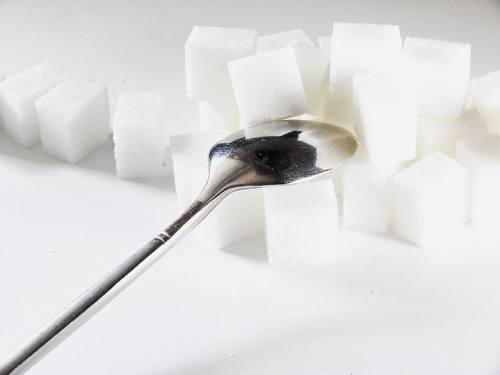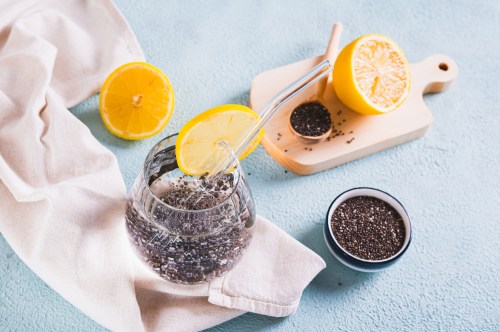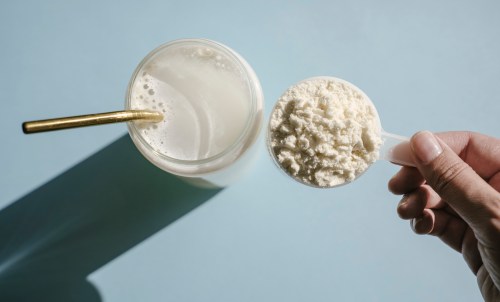Our editors independently select these products. Making a purchase through our links may earn Well+Good a commission
If there was one thing scientists, nutritionists, and consumers unanimously agreed on in 2016, it was this: Sugar is very, very bad.
More than gluten, more than dairy, and certainly more than fat (which is actually good for you, by the way), sugar has been dubbed “the devil” by some particularly passionate wellness experts, and deemed so harmful that even the FDA is cracking down, ensuring that nutrition labels call it out as explicitly as possible.
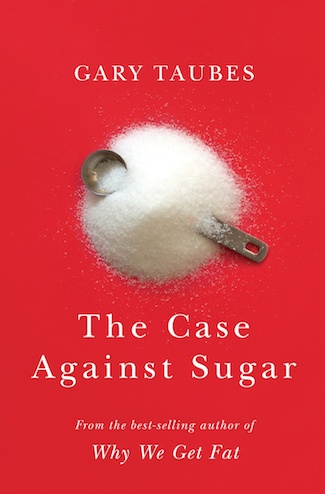
So how do you navigate a world filled with it? Why We Get Fat author Gary Taubes has some insight. His new book, The Case Against Sugar, is a deep dive into what having a sweet tooth has done to American society. (Spoiler alert: it’s not good.) Taubes has been researching sugar for years—from all sides.
Here he reveals what everyone should know going about sugar in 2017—and beyond.
Keep reading for the new sugar rules.
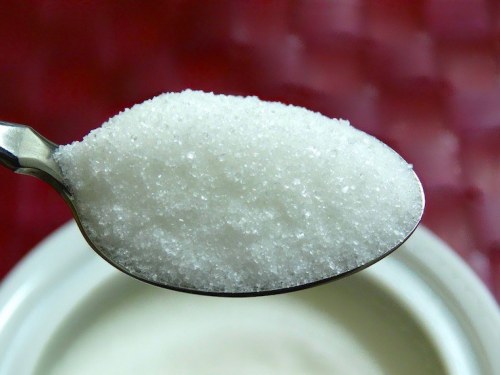
Stay skeptical
In September 2016, the New York Times published a jaw-dropping article revealing that in the 1960s, the sugar industry paid Harvard researchers to say that, really, sugar isn’t all that bad for you—it’s fat that’s the problem. This study set the agenda for decades of public health policy (not to mention the rise of the fat-free food trend) that followed.
This was not news to Taubes, who had helped fund a grant for the research that uncovered this shocking discovery. “When British researchers and influential nutritionists started saying that sugar was the problem, the sugar industry recruited researchers to [turn the focus back on] fat,” he explains.
Taubes says it isn’t unusual—or even necessarily bad—for scientists to do studies paid for by food and beverage manufacturers. The big difference: Now they must include a disclosure, so keep an eye out and take anything that sounds shady with a grain of salt.
Case in point: A pro-sugar study just came out, but it was funded by multinational food and agrochemical companies including Coca-Cola, General Mills, Hershey’s, Kellogg’s, Kraft Foods, and Monsanto, according to the New York Times.
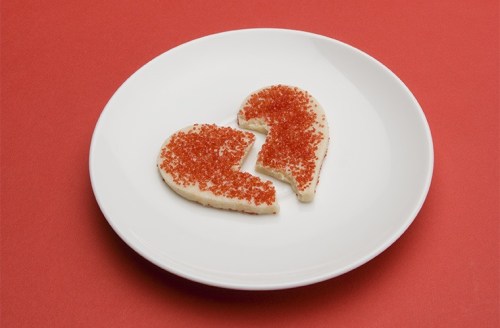
Fill your diet with healthy fats
With more and more people opting to cut out sugar, the focus for many researchers has shifted to how it can be done—after all, the white stuff is pretty addictive. “One revelation I had while writing my book is that for most people, life is hard and we need something to make us feel good. The reason why sugar saturated the world is because it [does just that],” says Taubes. “We’ve demonized tobacco, alcohol, and cigarettes—which also make us feel good—and then people like me come along and say that sugar is bad also.”
Something’s gotta give, right? Taubes points out that the big question becomes, how do you get pleasure from food without sugar? One place he says to look: healthy fats, which also make the body feel good. But searching for a sugar replacement has its own issues.
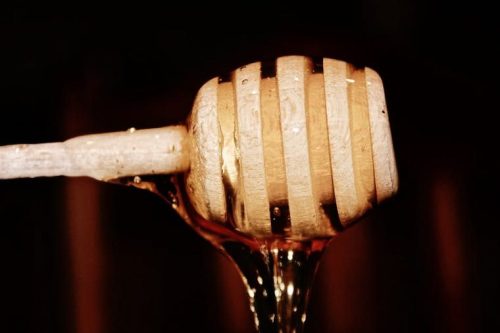
Be mindful of alternative sweeteners
If you’re reading this thinking, “Sure, I can cut sugar, no problem! I still have agave, honey, stevia…” there’s something you should know. (Feel free to sigh heavily here.) Taubes says sugar substitutes have their own problems. Agave, for example, has more fructose than sugar, which is bad news for the liver. (Scientific research doesn’t come down as hard on stevia, honey, and monk fruit—at least, not yet.)
“If people can’t give up sugar unless they consume artificial sweeteners instead, then I think the artificial sweeteners are almost assuredly healthier,” Taubes says. “But ideally, you get rid of your sweet tooth.”

We are winning the war on sugar
Okay, so this one isn’t a rule per se, but it’s some hugely encouraging news. Taubes is intimately familiar with America’s history with sugar and is happy to report that things are looking up. “We are winning the war, and the industry sees the writing on the wall” he says. “Clearly companies like PepsiCo and Coca-Cola are trying to lower the amount of sugar in their products and diversifying their product lines so they aren’t so dependent on sugar-rich products. I’d be very surprised if, 20 years from now, our sugar consumption as a population hasn’t come down by 50 percent.”
Why is this good news for you? It means more healthy options—which makes living by the rules a lot easier.
If you’re looking for something exciting to replace sugar, here’s what you can expect to see taking over Whole Foods. And don’t be worried that your food habits are a little, well, weird: Google offers up some insight.
Sign Up for Our Daily Newsletter
Get all the latest in wellness, trends, food, fitness, beauty, and more delivered right to your inbox.
Got it, you've been added to our email list.
